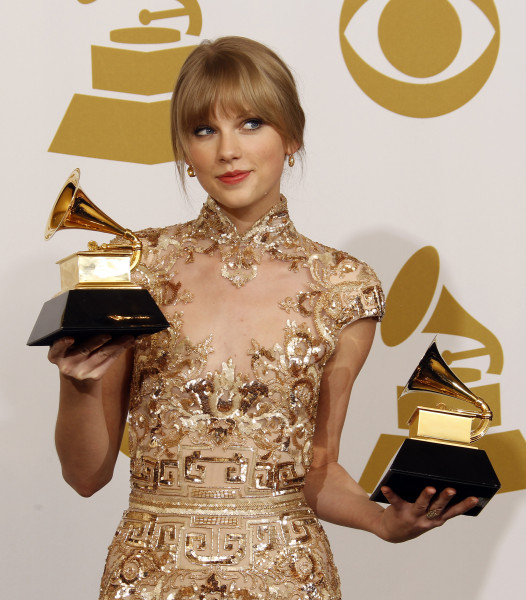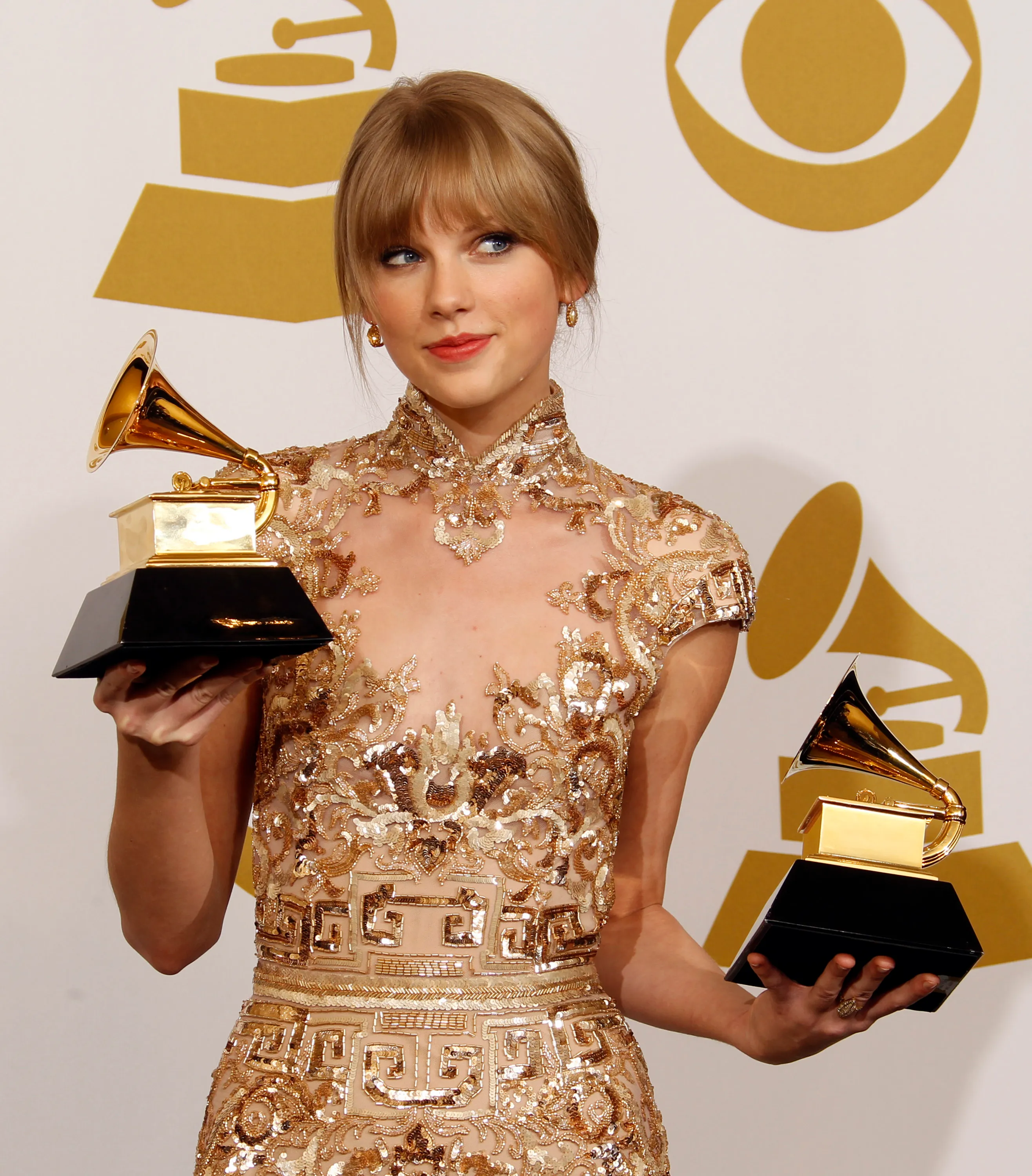
I discovered Taylor Swift in eighth grade. Actually, it wasn’t so much a discovery as it was a desperate attempt to understand what my pop culture savvy classmates were gushing about every day at lunch. I was a TV, AIM and MySpace ignoramus, and since those were the prime social currency, I was clueless as my friends sang “Our Song” on mind-numbing repeat.
I listened to a few songs and then impulsively bought Taylor’s whole first album (those were the days before I discovered alternatives to iTunes) and it became my obsession. How could this girl with the crazy curls and sparkly dresses translate all of my awkward preteen emotions so gracefully into such catchy and fluid songs? It seemed that just by singing her heart out she could capture my own experiences, fears and dreams.
With each new album — her fourth will be released this week — TSwift added a new layer of maturity and more mishaps with love that mirrored my own, and it kept me listening. There was a Taylor Swift song for just about anything; when I needed it most, her music was the soundtrack to my life.
Starting high school, my first boyfriend (and the ensuing fallout), dancing around my room with my best friend, pining after — but never talking to — that cute kid in math, worrying about the future: her songs captured the whole rigmarole of teen life that seems so harsh and desperate at the time but in retrospect is fickle. I even had my first car crash to “Dear John” as I was, ironically, trying to change it on my iPod with a mittened hand.
Back then, her songs made me feel like some commensurate partner in the throes of girl world, which was somehow empowering. Now, I shuffle my Taylor Swift playlist (yes, I have all her songs) when I’m homesick, or nostalgic, or just simply want to relive some aspect of that innocently charming previous life. Her music is not brooding or deceptive; there is no underlying message, no harshly dissonant chords that conjure up existential thoughts or intense passions. Instead, it just is. It exists as the truth, and as such its simplicity is both refreshing and annoying, because why couldn’t I make millions off of my own everyday experiences?
Taylor has morphed to fit the demands of pop culture; her music has shifted confusingly from soft country to pop to now … autotuned dubstep? (Yeah that’s you, “I Knew You Were Trouble.”) But I still listen to it from time to time, simply because it makes me happy, and that’s the best defense. High school and middle school are over, thank God, but they are embedded in T-Sweezy’s music like emotive time capsules. Trust me: let go of your predispositions and judgments, turn up “You Belong with Me” and jump around in nerd glasses. It will be cathartic, and it will be fun.
I guess ultimately what is so compelling about this wispy Pennsylvanian whose music reads like a diary is that she never gave in to cynicism. Listen to her lyrics and you’ll find a dedicated dreamer who shares her optimism with the world. It may be straightforward, but the magic of Taylor Swift holds true because even as we grow up, what girl wants to stop believing in fairy tales and true love?
